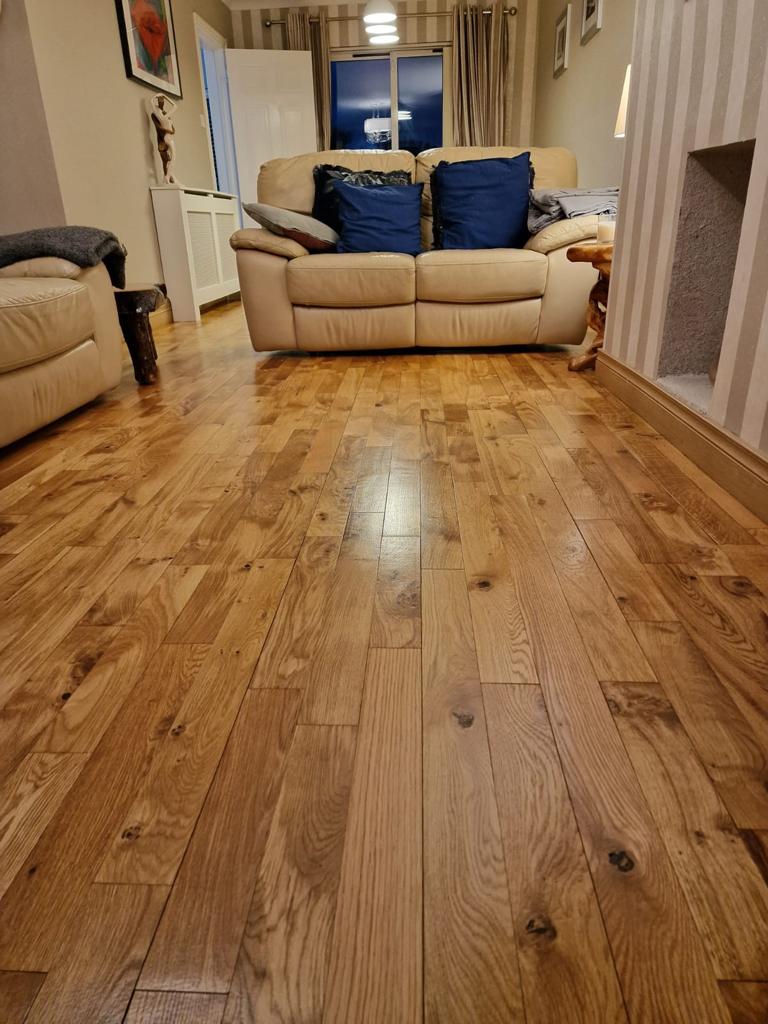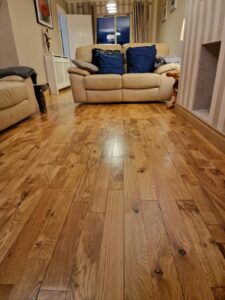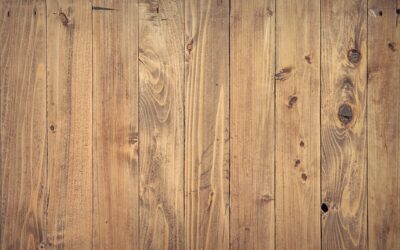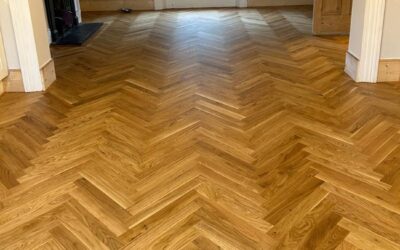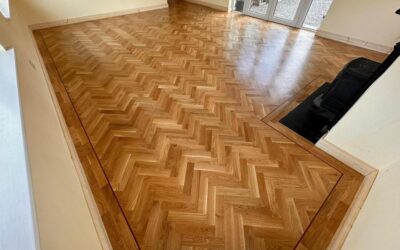Eco-Friendly Flooring Solutions: Sustainable Options for Modern Homes
As environmental awareness continues to rise, more homeowners are seeking ways to make their living spaces more sustainable. Flooring is a significant aspect of home design, and choosing eco-friendly options not only reduces your carbon footprint but also brings unique aesthetics and health benefits to your home. In this blog, we’ll explore some of the best sustainable flooring options that combine style, durability, and environmental responsibility.
1. Bamboo Flooring: The Rapidly Renewable Choice
Bamboo flooring is a popular eco-friendly option that’s both stylish and durable. Unlike traditional hardwood, bamboo is a grass that grows rapidly, reaching maturity in just 3 to 5 years, making it a highly renewable resource.
Benefits of Bamboo Flooring:
- Sustainability: Bamboo regenerates quickly without the need for replanting, making it a more sustainable choice compared to slower-growing hardwoods.
- Durability: Strand-woven bamboo is one of the hardest flooring options available, surpassing even some traditional hardwoods in terms of strength.
- Aesthetic Versatility: Bamboo flooring comes in a range of finishes, from light natural hues to deeper, carbonised tones, offering flexibility in design.
Considerations:
While bamboo is moisture-resistant, it’s not entirely waterproof. It’s best suited for living areas and bedrooms rather than high-moisture environments like bathrooms.
2. Cork Flooring: Soft, Warm, and Eco-Friendly
Cork is another excellent sustainable flooring choice. Harvested from the bark of the cork oak tree, cork is renewable because the tree itself is not cut down, and the bark regenerates within a decade.
Benefits of Cork Flooring:
- Comfort: Cork is soft underfoot, providing a cushioned surface that’s perfect for rooms where you spend a lot of time standing, like kitchens.
- Insulation: Cork has excellent thermal and acoustic insulating properties, making it energy-efficient and sound-absorbing.
- Naturally Antimicrobial: Cork resists mould, mildew, and pests, making it a great option for allergy sufferers.
Considerations:
Cork is more susceptible to damage from heavy furniture or sharp objects. It’s also sensitive to sunlight, which can cause fading over time.
3. Reclaimed Wood: A Touch of History and Sustainability
Reclaimed wood flooring uses wood salvaged from old buildings, barns, or factories, giving new life to materials that would otherwise be discarded. This flooring not only preserves historical character but also reduces the demand for new timber.
Benefits of Reclaimed Wood:
- Sustainability: By reusing existing materials, reclaimed wood significantly reduces the environmental impact associated with logging and manufacturing new wood products.
- Unique Character: Reclaimed wood has a distinct patina and charm, with knots, nail holes, and other imperfections that add to its rustic appeal.
- Durability: Aged wood is often denser and more stable, making it a durable choice for flooring.
Considerations:
Reclaimed wood can be more expensive due to the process of sourcing, cleaning, and prepping the wood for installation. It’s important to source from reputable suppliers to ensure the wood is free of contaminants.
4. Linoleum: The Original Green Flooring
Often confused with vinyl, linoleum is made from natural materials like linseed oil, wood flour, cork dust, and jute. It’s a durable and biodegradable flooring option that has been used for over a century.
Benefits of Linoleum Flooring:
- Eco-Friendly: Made entirely from natural, renewable resources, linoleum is one of the most environmentally friendly flooring options available.
- Durability: Linoleum is water-resistant, antimicrobial, and can last up to 40 years with proper care.
- Design Flexibility: Available in a wide range of colours and patterns, linoleum can mimic the look of more expensive materials like stone or wood.
Considerations:
Linoleum requires regular maintenance, including periodic sealing to maintain its appearance and water resistance.
5. Carpet Tiles Made from Recycled Materials
Carpet tiles are not only easy to install and replace, but many brands now offer options made from recycled materials, including plastic bottles and old fishing nets.
Benefits of Recycled Carpet Tiles:
- Sustainability: Using recycled content helps reduce waste and the demand for virgin materials.
- Customisable: Carpet tiles come in various colours and patterns, allowing for unique design combinations.
- Easy Maintenance: Individual tiles can be replaced if damaged, making them a practical choice for high-traffic areas.
Considerations:
While carpet tiles are an excellent sustainable option, it’s essential to ensure the adhesives used are low in VOCs (volatile organic compounds) to avoid indoor air quality issues.
Why Choose Artisan Flooring for Eco-Friendly Flooring?
At Artisan Flooring, we’re committed to offering sustainable flooring solutions that cater to both your environmental values and design preferences. Our range of eco-friendly options, from bamboo and cork to reclaimed wood, ensures you can find the perfect match for your home without compromising on style or quality. Our expert team is here to guide you through the selection process, providing professional advice and installation services to make your flooring journey smooth and satisfying.
Ready to explore eco-friendly flooring options for your home? Contact Artisan Flooring today to schedule a consultation and discover how sustainable flooring can enhance the beauty and functionality of your living space.

